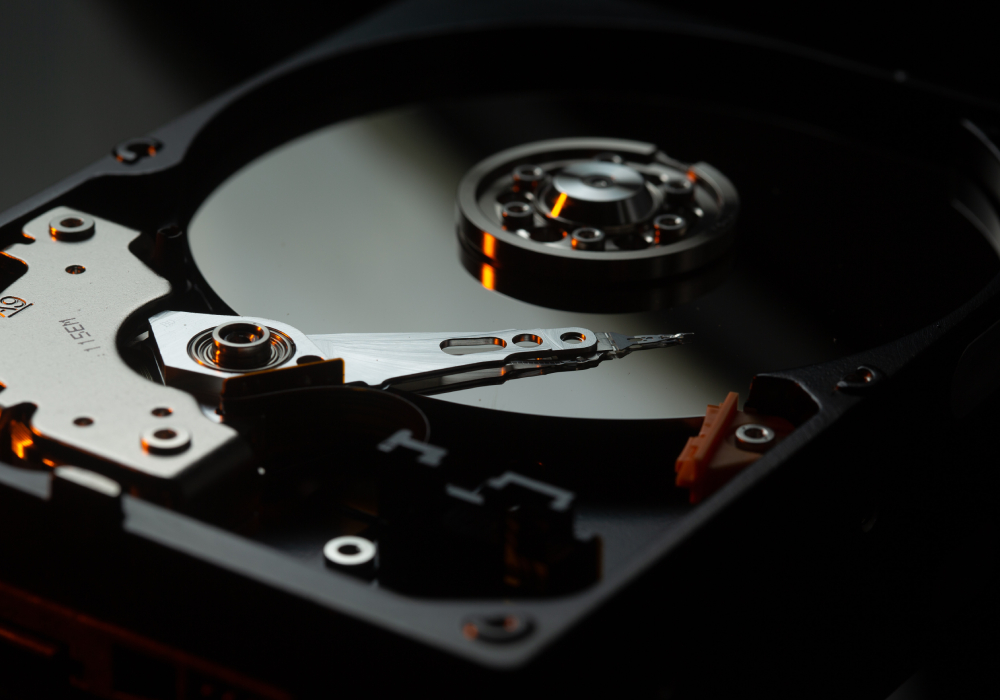Disk space usage is a critical aspect of any computer system. As files are created, edited, and saved, the disk space on a computer can quickly become full. This can lead to a number of problems, such as decreased system performance, data loss, and crashes. To avoid these problems, it is important to monitor disk space usage and set up alarms when disk space reaches a critical level.
There are a number of tools available for monitoring disk space usage. Operating systems such as Windows and macOS come with built-in utilities that allow users to check disk space usage on their computers. These utilities provide information on the total disk space available, the amount of disk space used, and the amount of disk space free. Users can also use third-party software to monitor disk space usage, which may provide additional features and functionality.
Regardless of the monitoring tool used, it is important to set up alarms when disk space usage reaches a critical level. This ensures that users are notified when disk space is running low, giving them the opportunity to take action before the situation becomes critical. There are a number of ways to set up disk space alarms, including using built-in operating system features or third-party software.
One common method of setting up disk space alarms is to use the built-in alerting features of an operating system. For example, Windows allows users to set up alerts that are triggered when a certain amount of disk space is used or when disk space falls below a certain threshold. When an alert is triggered, the user is notified via an on-screen message or an email.
Another option is to use third-party software to set up disk space alarms. There are a number of software applications available that can monitor disk space usage and send alerts when disk space falls below a certain threshold. Some of these applications may offer additional features such as automatic cleanup of files or the ability to free up disk space on-demand.
Regardless of the method used, it is important to take action when a disk space alarm is triggered. This may involve deleting unnecessary files, moving files to an external storage device, or adding additional storage capacity to the computer. By taking proactive steps to manage disk space usage, users can avoid the problems associated with running out of disk space.
In conclusion, disk space usage is an important aspect of any computer system. By monitoring disk space usage and setting up alarms when disk space reaches a critical level, users can avoid the problems associated with running out of disk space. Whether using built-in operating system features or third-party software, it is important to take action when a disk space alarm is triggered to ensure that the computer continues to run smoothly and efficiently.

